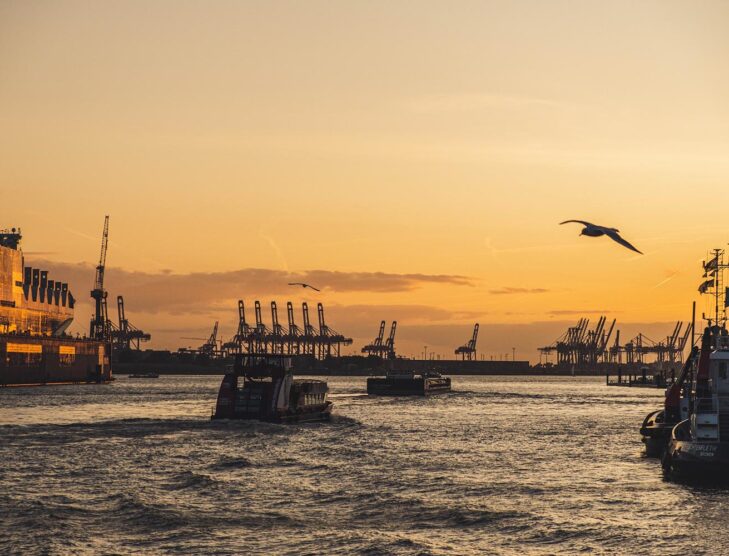
EU sets sub-quota of 2% for synthetic fuels in maritime sector
The European Commission, the Council and the Parliament have agreed in a final trilogue on a sub-quota of 2% in 2034 for renewable synthetic fuels in the maritime sector for the European Union (EU).
However, this only applies if the share of eFuels in shipping is below 1% in 2030 and can also be met by low-carbon fuels and biofuels. Compared to the commission’s proposal, this agreement is an improvement for the maritime eFuels industry, but the compromise deal has clear weaknesses that slow down its effectiveness, according to the eFuel Alliance, an interest group representing more than 170 companies, associations and consumer organisations along the eFuel production value chain.
The definition of clear legal framework conditions is crucial for the shipping industry due to the long lifetime of shipping fleets, investment cycles extending over several decades, the alliance said. Today’s investment decisions therefore have a decisive influence on the climate footprint of the maritime industry into the 2050s. Shipping is also considered a difficult sector to electrify, which makes the use of liquid fuels such as synthetic LNG, methanol, ammonia or eDiesel without alternative, it said.
“In order to positively influence the energy transition in shipping quickly and effectively, the introduction of a sub-quota for alternative fuels was overdue. At the same time, yesterday’s agreements fall short. A mere commitment to gradually reduce CO2 intensity is not enough to accelerate the market introduction of sustainable fuels,” said Dr. Monika Griefahn, chair of the eFuel Alliance. “The ambition level of the quota is too low. The more energy sources are permitted to meet a quota, the higher the targets must be. This is the only way to actively pursue climate protection and to trigger investments in fuels based on renewable energies. At the same time, it is necessary to set guidelines in order to send clear investment signals to eFuels producers and shipping companies and to strongly promote the development of the necessary production capacity and infrastructure.”
The introduction of a sub-quota was up for debate until the very end. While the Parliament had proposed a sub-quota of 2% from 2030, the council and the commission had not set any requirements for the use of synthetic fuels. In the planned revision of the directive in 2028, the aim is to make up for this missed opportunity and to set higher sub-quotas in the long term beyond 2034 to pave the way for climate-neutral shipping.









